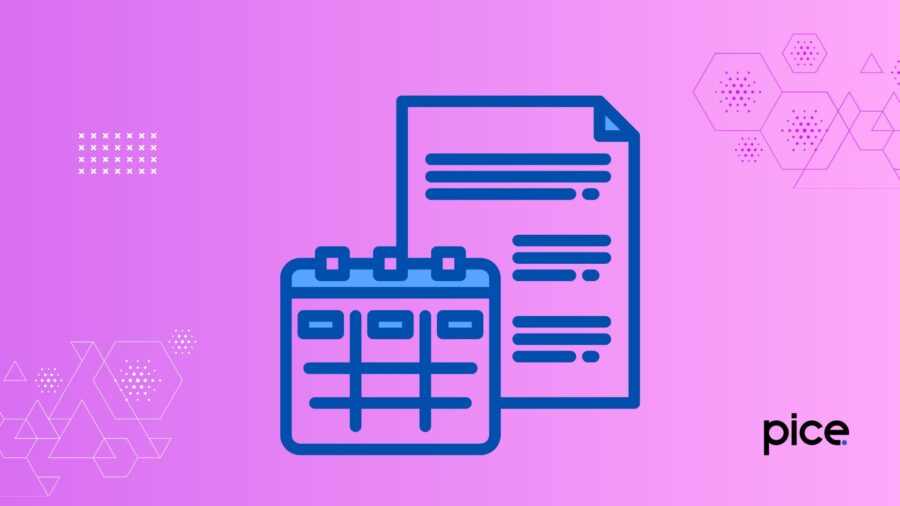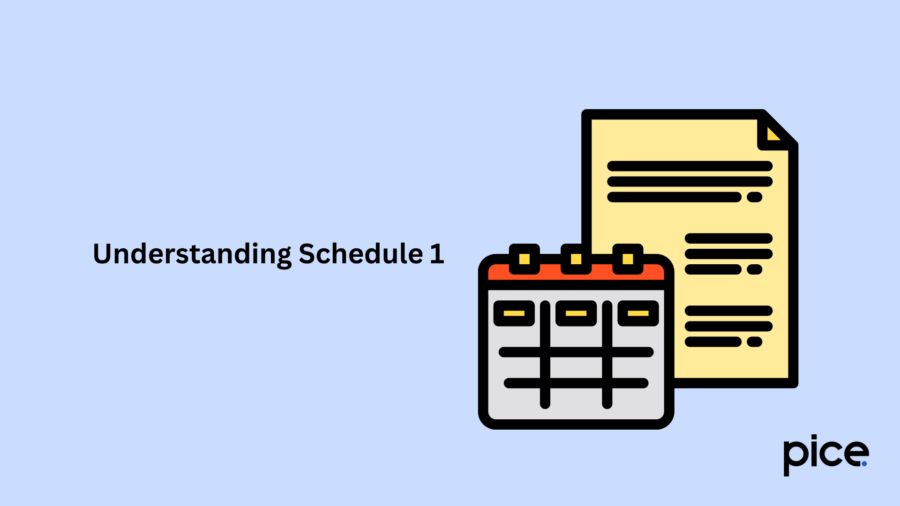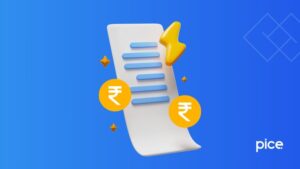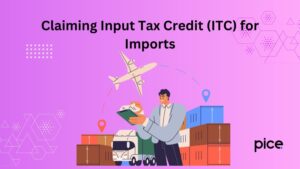Schedule 1 of Central Goods and Services Act, 2017 (CGST Act)
- 24 Sep 24
- 5 mins

Schedule 1 of Central Goods and Services Act, 2017 (CGST Act)
Key Takeaways
- Certain activities are deemed 'supply' even without consideration, like permanent asset transfers with ITC availed.
- Supplies between related or distinct persons are taxable, even without consideration.
- Employer gifts to employees under ₹50,000 per year are exempt from being treated as supply.
- Supply by or to an agent on behalf of a principal is taxable.
- Only permanent transfers of business assets are treated as supply.
Certain activities are deemed 'supply' even without consideration, like permanent asset transfers with ITC availed. Supplies between related or distinct persons are taxable, even without consideration. Employer gifts to employees under ₹50,000 per year are exempt from being treated as supply .Supply by or to an agent on behalf of a principal is taxable. Only permanent transfers of business assets are treated as supply.
Handle all your sales and purchase invoices in one place.
Pice’s all-in-one invoice management tool helps you track, send, and organize invoices from a single dashboard. Automatically share new invoices with customers, send timely payment reminders, and keep your collections under control—effortlessly.
Want early access? Fill out this form to get request a demo!
The Central Goods and Service Tax Act, 2017 unifies the indirect tax system of India. One of the key elements within this Act is Schedule 1, which deems certain activities as ‘supply’ and makes them taxable. Precisely, it outlines transactions that are ‘supply’ with or even without consideration.
Being aware of the aspects that are related to Schedule 1 of the CGST Act is important, as it not only ensures business compliance but also helps avoid penalties by tax authorities. In this blog, we will discuss Schedule 1, focussing on the nature of these supplies and provide an example for better understanding.
Understanding Schedule 1

As per Schedule 1 (Section 7) of the CGST Act, some activities are to be treated as 'supply' even without consideration:
- Permanent transfer or disposal of assets (PTOBA) where ITC has been availed
- Import of goods or services by a taxable person, from a related person or other establishments outside India, supplied for furtherance of business
- Supply of goods or services by a principal to an agent, who supplies goods or services on the principal’s behalf
- Supply of goods by an agent to the principal, the principal supplies goods or services on the agent’s behalf
- Supply of goods or services for furtherance of business between either related persons or distinct persons
- Any gift that an employer sends to an employee which does not exceed ₹50,000 in a financial year should not be deemed as supply.
Let us understand the supplies that are treated with or without consideration in detail.
- With a Consideration
As per Schedule 1 ( Section 7) of the CGST Act, these activities are supplied, with the consideration:
- Import of services irrespective of whether they are made for the furtherance of business or not
- Any supply of goods or services or both, which includes sale, lease, rental, transfer or disposal made for furtherance of business
- Without a Consideration

Schedule 1 (Section 7) of the CGST Act, considers these activities to be supplied:
- Permanent transfer or disposal of assets with availment of ITC. However, certain conditions need to be met:
- In the supply, permanent transfer or disposal of assets should have been made
- Availment of ITC on these assets
- Transfer should be permanent
- Supply of business assets, which includes both current asset and non-current asset
However, it is important to remember that any transfer of assets which is temporary, will not be treated as a supply
Example
Let us understand the concept better with an example.
Consider a company, say SHC Ltd. bought raw materials, like cloth, needles, etc. to stitch a uniform. The company supplied the uniform to schools and availed input tax credit. Here, GST is applicable as it qualifies as a supply as per Schedule 1 (Section 7) of the Central Goods and Services Tax Act.
Conclusion
The Schedule 1 of the CGST Act ensures that certain activities or supplies are subject to taxation, which would have otherwise escaped the tax ambit. For businesses, a thorough understanding of these provisions is crucial to optimise their tax strategies. This would also help businesses to ensure smooth operations and manage potential risks.
💡If you want to streamline your payment and make GST payments, consider using the PICE App. Explore the PICE App today and take your business to new heights.



















